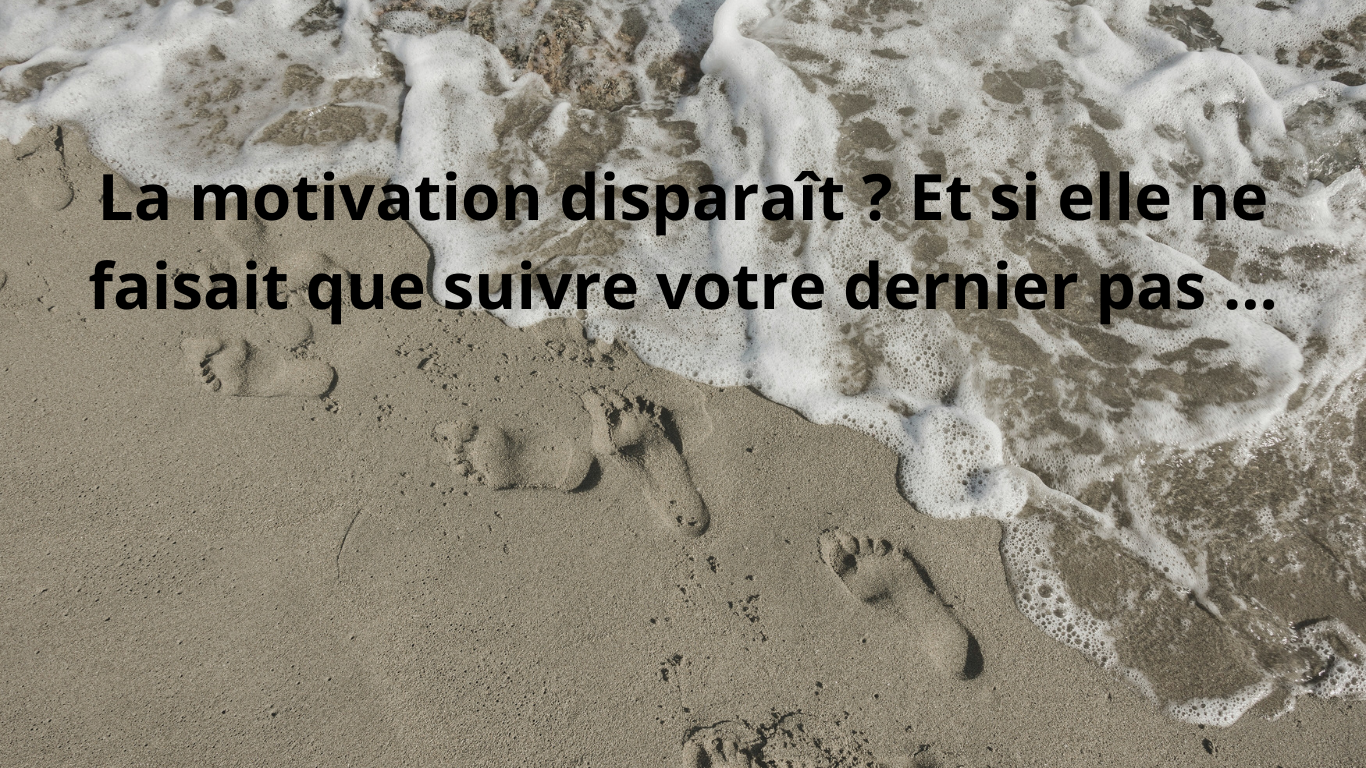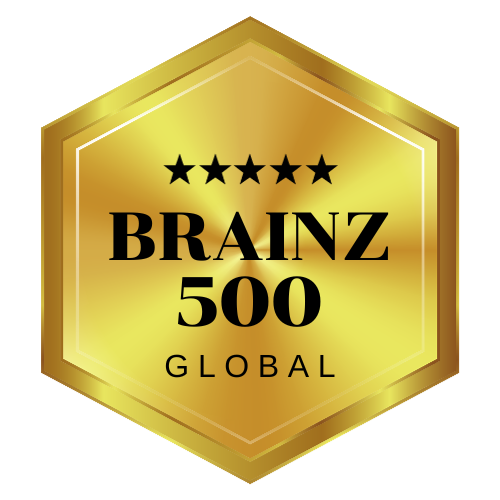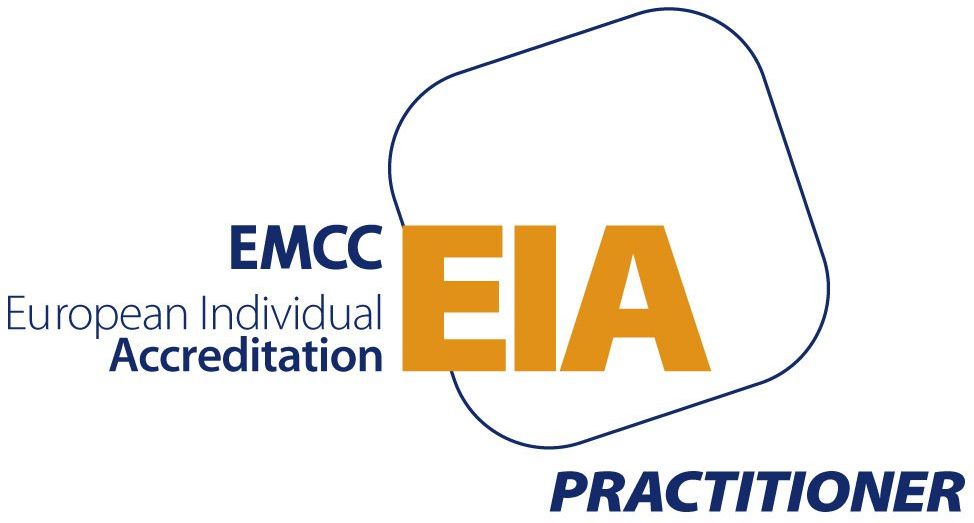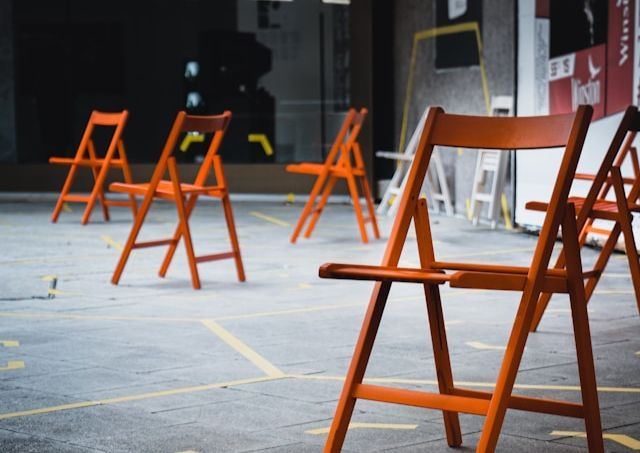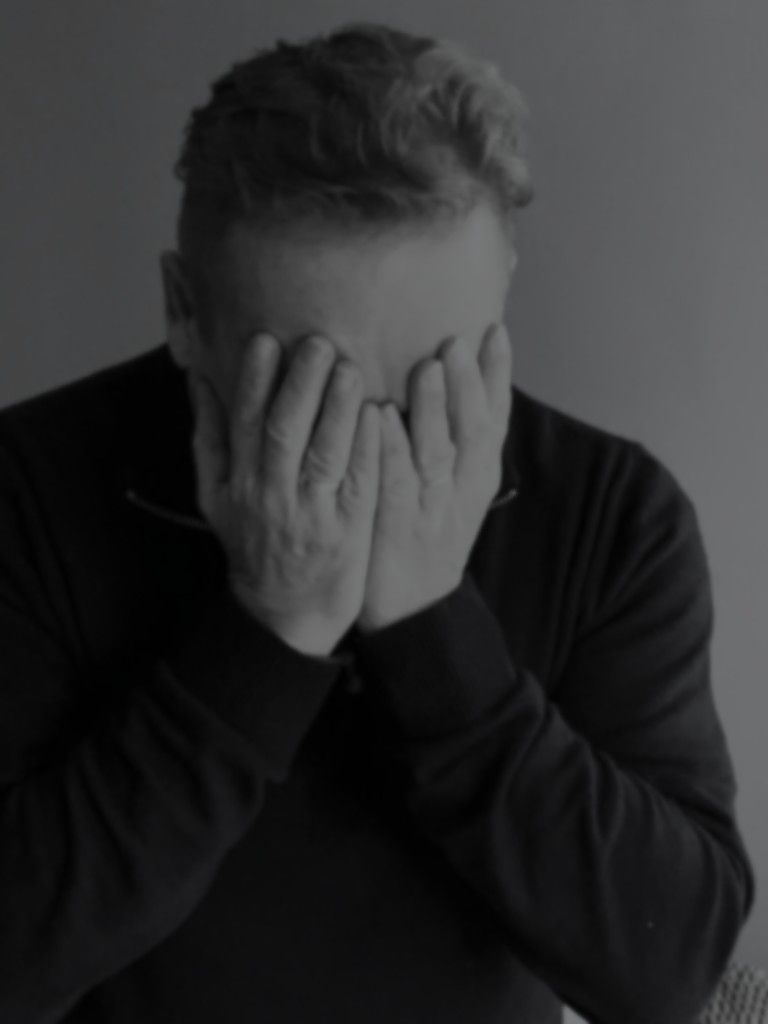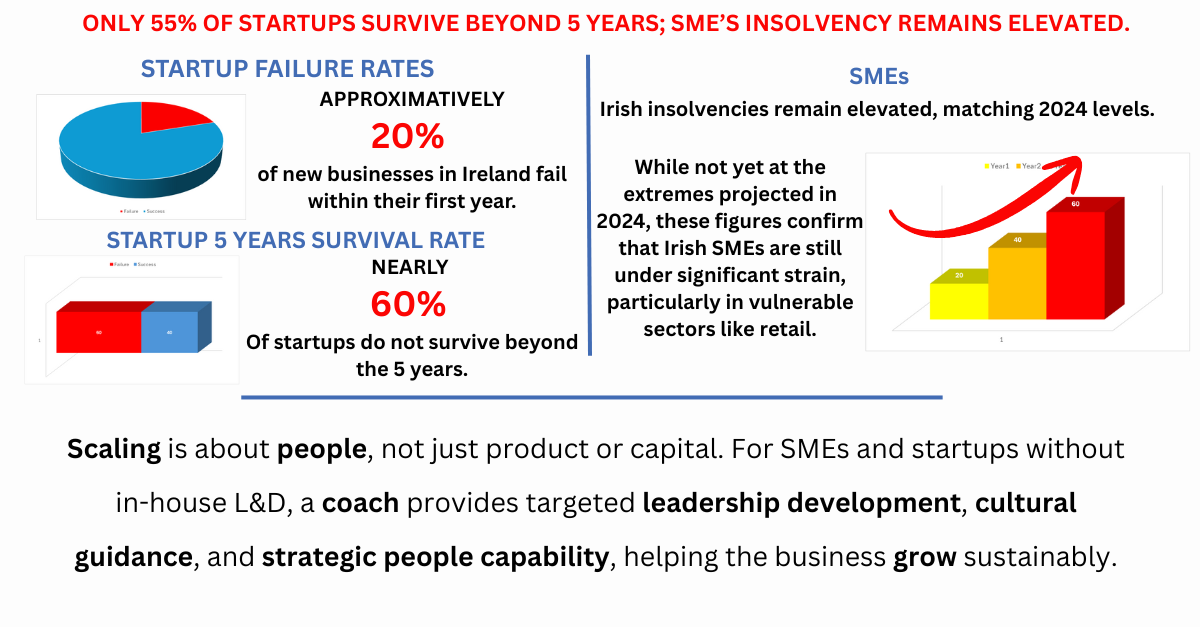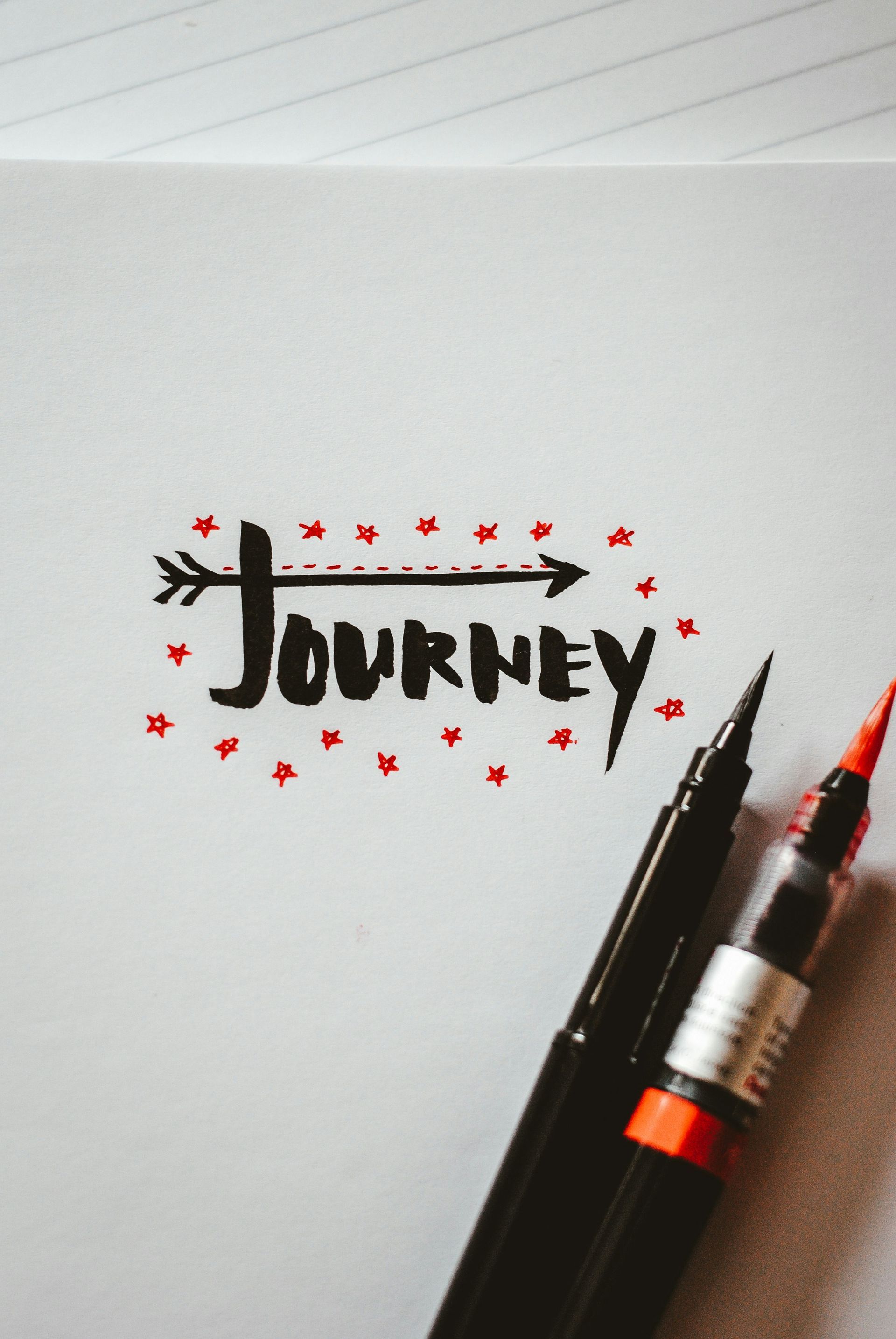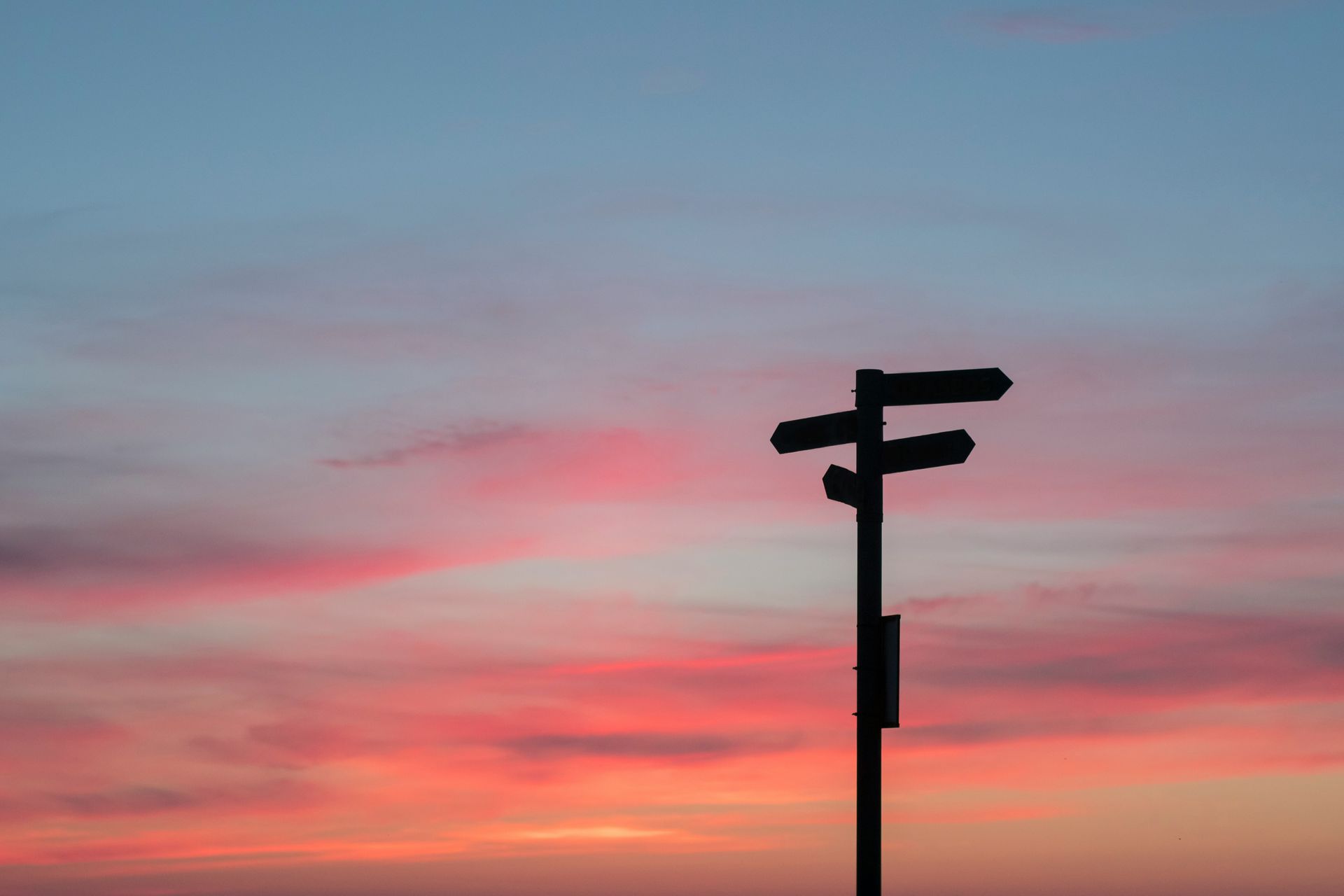BREAK THE SILENCE: From Man Up to Show Up for Men’s Mental Health
From ‘Man Up’ to ‘Show Up’

Every October, Mental Health Awareness Month shines a spotlight on issues that too often remain in the shadows. For men in Ireland, the conversation is not just timely but urgent. A new report by Movember, The Real Face of Men’s Health: Republic of Ireland 2025, reveals a picture as stark as it is familiar: men are dying too young, too often, and too quietly.
According to the report, in Ireland, men account for four in five suicides—a crisis rooted not in biology, but in silence. The Movember 2025 report reveals that 97% of GPs treated men with suicidal ideation last year, yet only 14% felt confident supporting them. These aren’t just numbers; they’re evidence of a system failing men at their most vulnerable
Behind these statistics, however, lies a deeper cultural story: one of silence, stigma, and a misunderstanding of what it means to be “strong.”
Stoicism or Suppression?
Ireland, like many cultures, equates masculinity with silent endurance. The word ‘stoic’ has been hijacked to mean suffering alone, as if strength were measured in suppressed tears or unspoken pain. But as a Stoic myself, I’ll say this clearly: That’s not Stoicism. That’s self-sabotage.
Ancient Stoicism wasn’t about denial. Marcus Aurelius didn’t write his Meditations to bottle up emotions; he wrote them to examine them. Epictetus didn’t teach invincibility; he taught discernment: ‘It’s not what happens to you, but how you react that matters.’ The philosophy’s core is self-awareness, not self-silencing, recognizing emotions as data, not weaknesses.
Yet modern ‘stoicism’ often distorts this into a cult of isolation. We praise men for ‘toughing it out’ while their unprocessed anger curdles into depression or erupts as violence. I’ve lived this contradiction. For years, I confused Stoic resilience with emotional lockdown, until my buried stress nearly cost me my relationships, my health, and my integrity. True strength isn’t enduring pain alone; it’s choosing how to respond to it.
As Epictetus put it: ‘You are not your emotions. You are the one who notices them.’ That’s the difference between suppression and strength. The goal isn’t to feel less; it’s to feel wisely.
I spent years getting this backwards, confusing numbness for resilience. But strength isn’t the absence of feeling; it’s the courage to meet emotions with curiosity, not fear.
The Burden of Toxic Masculinity
These cultural expectations didn’t just shape society’s view; they shaped my experience profoundly. For years, I lived with the contradiction of trying to embody ‘strength’ through silence, only to realise that true resilience meant confronting my buried emotions. From a young age, I was taught that pain and vulnerability had no place in a boy’s life. At just eight years old, when I told my mother about the bruises I picked up playing rugby, her reply was: “If you keep complaining, you’ll stop playing.” From that moment, I never complained again, even when I was seriously injured.
Sports became my medicine. For years, rugby and combat training gave me a safe outlet for energy and stress. But there are limits to what exercise can do. About a decade ago, I reached a very dark place. I snapped easily, shouted at colleagues, and felt constantly under attack. Driving to work, I was already on edge by 8 a.m. Every small mistake on the road became a personal affront. At home, even a cow or horse straying into the garden could set me off.
I wasn’t strong; I was broken. But like so many men, I carried the burden of toxic masculinity: the belief that expressing emotions or asking for help was weakness. Instead of dealing with pain, I buried it until it spilt out in ways I regret.
Stress and Emotion: Learning a Different Way
What finally shifted was recognising that emotions are not the enemy. As Kelly McGonigal (2015) suggests in The Upside of Stress, viewing stress as a signal of meaning and as an energy source can encourage adaptive behaviour rather than avoidance. Studies cited by McGonigal indicate that people who embrace stress as a normal, even beneficial, part of life are more likely to thrive during adversity instead of turning to harmful coping strategies. This aligns with Irish data, where framing emotional difficulty as part of growth supports resilience.
- Embracing stress is more important than reducing stress:
- One study found that simply having the goal to avoid stress increased the long-term risk of outcomes like depression, divorce and getting fired, by increasing people’s reliance on harmful coping strategies.
- In contrast, viewing stress more positively seems to encourage people to cope in ways that help them thrive, whether it’s tackling the source of stress, seeking social support, or finding meaning in it.
- For example, when you feel your heart pounding from anxiety, you think about how your body is trying to give you the energy you need to rise to the challenge.
- The three most protective beliefs about stress are:
- To view your body’s stress response as helpful, not debilitating – for example, to view stress as an energy you can use.
- To view yourself as able to handle and even learn and grow from the stress in your life.
- To view stress as something that everyone deals with, and not something that proves how uniquely screwed up you or your life is.
Emotions are often mistakenly perceived as weaknesses or problems to control, but research shows they are vital internal signals that provide valuable data about our needs and environment. Developing emotional agility (David 2016), the ability to notice, accept, and label emotions without judgment, allows men to pause between experiencing strong feelings and reacting to them. This approach aligns with Kelly McGonigal’s research on stress mindsets, where managing stress effectively transforms it into a source of strength and growth. Instead of fighting emotions or pushing them away, emotional agility encourages embracing them as messages that help men make thoughtful decisions and build resilience. This practice is especially important in high-pressure situations, supporting better mental health outcomes by fostering composure and self-regulation.
Building new, healthier habits through journaling and using tools like the CIA model, focusing on what I can Control, Influence, and must Accept, was transformative for me. The process wasn’t easy; it took several months of consistent effort, but the results were profound.
- Journaling my ‘CIA’ lists forced me to confront what I’d buried: 80% of my stress was in the ‘Accept’ column, things I couldn’t change or influence. Naming them drained their power.
While I remain the same person at the core, I have been able to redirect my energy toward more meaningful and fulfilling areas of my life. This shift has opened up an entirely new perspective on what life can be and is today.
As psychologist Viktor Frankl once wrote:
“Between stimulus and response, there is a space. In that space is our power to choose our response. In our response lies our growth and our freedom.”
That space, to pause, to reflect, to choose, is what too many men are denied by a culture that tells them to “man up.” It is also what could save lives if men were supported to develop healthier relationships with stress and emotion.
Sh*t happens; it is how you REACT ACT that matters:
What can you do?
When difficult events occur, how men manage their emotions profoundly impacts their ability to recover and grow.
Emotional agility teaches men to treat emotions as useful data rather than threats, allowing for greater awareness and control.
Labelling emotions without judgment creates space for healthier, values-driven responses, connecting with McGonigal’s idea that stress signals care and meaning.
By embracing adversity as an opportunity for personal growth, men can transform “shite happens” moments into pathways for resilience and well-being.
Practical guidance:
🛠️ Action Steps for Men: From “Man Up” to “Show Up”
When sh*t happens, it’s not about suppressing emotions, it’s about responding with awareness and resilience. Here’s a practical toolkit you can start using today:
✅ Recognise emotions as signals, not weaknesses
➡️ Feelings are data. They tell you what matters.
✅ Label feelings without judgment
➡️ “I feel angry/anxious/sad” ➡️ naming creates space between you and the emotion.
✅ Pause, then choose values-based responses
➡️ Act in line with what matters to you, not your impulse.
✅ Reframe stress as energy, not threat
➡️ A racing heart = your body preparing you to rise to the challenge.
✅ Turn adversity into growth
➡️ Ask: “What can I learn from this setback?”
✅ Build connection, not isolation
➡️ Share honestly with a mate, partner, or coach. Courage is contagious.
✅ Practice the CIA model (Control / Influence / Accept)
➡️ Focus on what you can shape; release what you can’t.
A Call to Action This October
This October, we must push beyond awareness and towards action. That means:
For men themselves:
✅ It means recognising that seeking help is not a weakness, it is wisdom. True resilience lies not in denial, but in honesty; not in silence, but in speaking up.
✅ Abandoning the idea of being fearless, and instead walking directly into your fears, with your values as your guide, toward what matters to you. Courage is not an absence of fear; courage is fearing walking (David, 2015).
For our society:
✅ Improving GP training and resources so that men in crisis are met with confidence, not uncertainty.
✅ Investing in deprived communities, where health inequalities are most severe.
✅ Challenging stigma by reshaping the conversation about masculinity — rejecting the false stoicism that equates silence with strength.
✅ Creating brave spaces (Varette, 2025) in families, workplaces, and communities where men can speak openly without fear of judgment.
Why This Matters for Ireland
The cost of silence is measured not just in statistics but in broken families, grieving children, and workplaces and communities diminished by loss. When men don’t seek help, conditions that could have been treated early become crises. When stigma stops conversations about suicide, opportunities for intervention are lost.
And yet, there is hope. Public opinion is shifting: three-quarters of Irish adults say society needs to talk more openly about male suicide and mental health. GPs and policymakers are calling for more training and resources.
Because no statistic, however stark, can measure the value of a life lived fully, openly, and healthily.
Reference:
· Bowers, S. (2025). Two in five men in Ireland die before the age of 75, report finds. [online] The Irish Times. Available at: https://www.irishtimes.com/health/2025/09/23/two-in-five-men-in-ireland-die-before-the-age-of-75-report-finds/.
· David, S. (2016). “Emotional Agility”, available at: http://www.susandavid.com/new-index#about-the-book
· McGonigal, K. (2015). The Upside of Stress: Why Stress Is Good For You, And How To Get Good At It. New York, New York: Avery.
· Varette, G. (2025). When Safe Spaces Become Silencing Spaces. [online] Brainz Magazine. Available at: https://www.brainzmagazine.com/post/when-safe-spaces-become-silencing-spaces.
